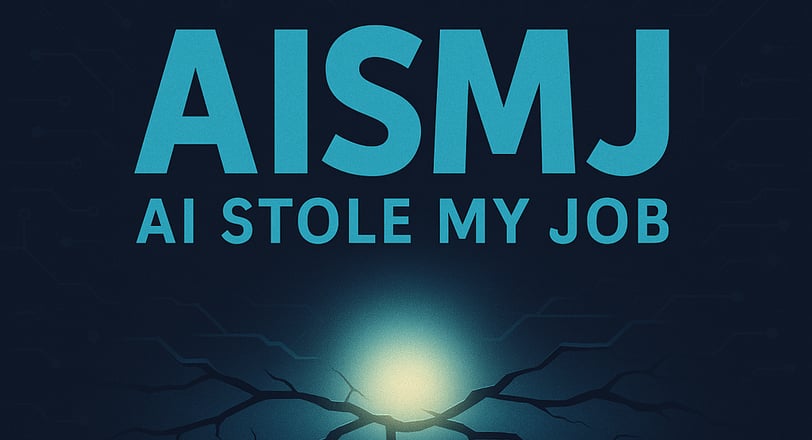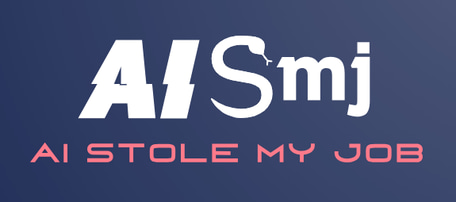Sorry For Replacing You! How Do You Feel Today?
Lost your job to AI? You're not alone. We delve into the complex emotions that come with AI-driven job loss – from anxiety and anger to a sense of lost identity. Discover practical coping strategies, get support, and remember that your feelings are valid. #AIJobs #JobDisplacement #EmotionalSupport #FutureOfWork
5/8/20252 min read


Navigating the Emotional Toll
The rise of artificial intelligence is transforming industries at an unprecedented pace. While AI offers exciting possibilities, it also presents significant challenges, particularly in the realm of employment. For many, the prospect—or the reality—of losing a job to AI can trigger a range of difficult emotions. This post explores the emotional impact of AI-related job displacement and offers strategies for coping and finding support.
The Emotional Rollercoaster
Losing a job is always tough, but when it's due to automation, the emotional toll can be particularly complex. Common reactions include:
Anxiety and Uncertainty: The fear of being replaced by a machine can create a sense of insecurity and stress about the future.
Depression: Prolonged unemployment or underemployment can lead to hopelessness, low self-esteem, and even clinical depression.
Anger and Resentment: You might feel betrayed by employers or society for prioritizing technology over human contributions.
Loss of Identity: For many, work is a cornerstone of identity, social interaction, and purpose. Job loss can shake this foundation, leading to feelings of worthlessness.
Social Isolation: Job loss often disrupts daily routines and social networks, leading to loneliness.
Coping Strategies
While these feelings are valid, it's crucial to develop healthy coping mechanisms. Here are some strategies to navigate this challenging time:
Acknowledge Your Emotions: The first step is to recognize and validate your feelings. Don't try to suppress them.
Focus on What You Can Control: While AI and layoffs may feel beyond your control, you can influence your response. Focus on your skills, adaptability, and attitude.
Set Small, Achievable Goals: Job hunting or career transitions can be overwhelming. Set daily or weekly goals to maintain a sense of progress.
Prioritize Self-Care: Engage in activities that promote mental and physical well-being, such as exercise, meditation, or spending time with loved ones.
Develop a Support Network: Connect with others facing similar challenges. Job support groups, online forums, and professional networking events can provide encouragement and shared strategies.
Seek Professional Support: Don't hesitate to seek help from a therapist or counselor. They can provide guidance and coping strategies for managing stress and anxiety. Online counseling services offer convenient and accessible options.
Embrace Lifelong Learning: Adaptability is key. Focus on developing skills that are difficult to automate, such as critical thinking, creativity, emotional intelligence, and interpersonal communication. Invest in continuous learning through online courses, workshops, and certifications.
View AI as a Tool: Consider how you can work with AI to enhance your capabilities, rather than viewing it as a direct threat.
Resources and Support
Remember, you're not alone. Numerous resources can help you navigate job loss and find new opportunities:
Online Counseling Services: Platforms like TalktoAngel offer accessible and confidential mental health support.
Job Support Groups: Connect with others facing similar challenges for shared experiences and encouragement.
Government Assistance: Explore unemployment benefits, job training programs, and career counseling services offered by your local and national governments. People's Policy Project provides information on potential welfare programs.
Online Learning Platforms: Websites like Coursera and edX offer courses to upskill and reskill for the AI-driven economy.
The rise of AI presents both challenges and opportunities. By acknowledging the emotional impact of job displacement and proactively seeking support and new skills, you can navigate this transition with resilience and hope.
